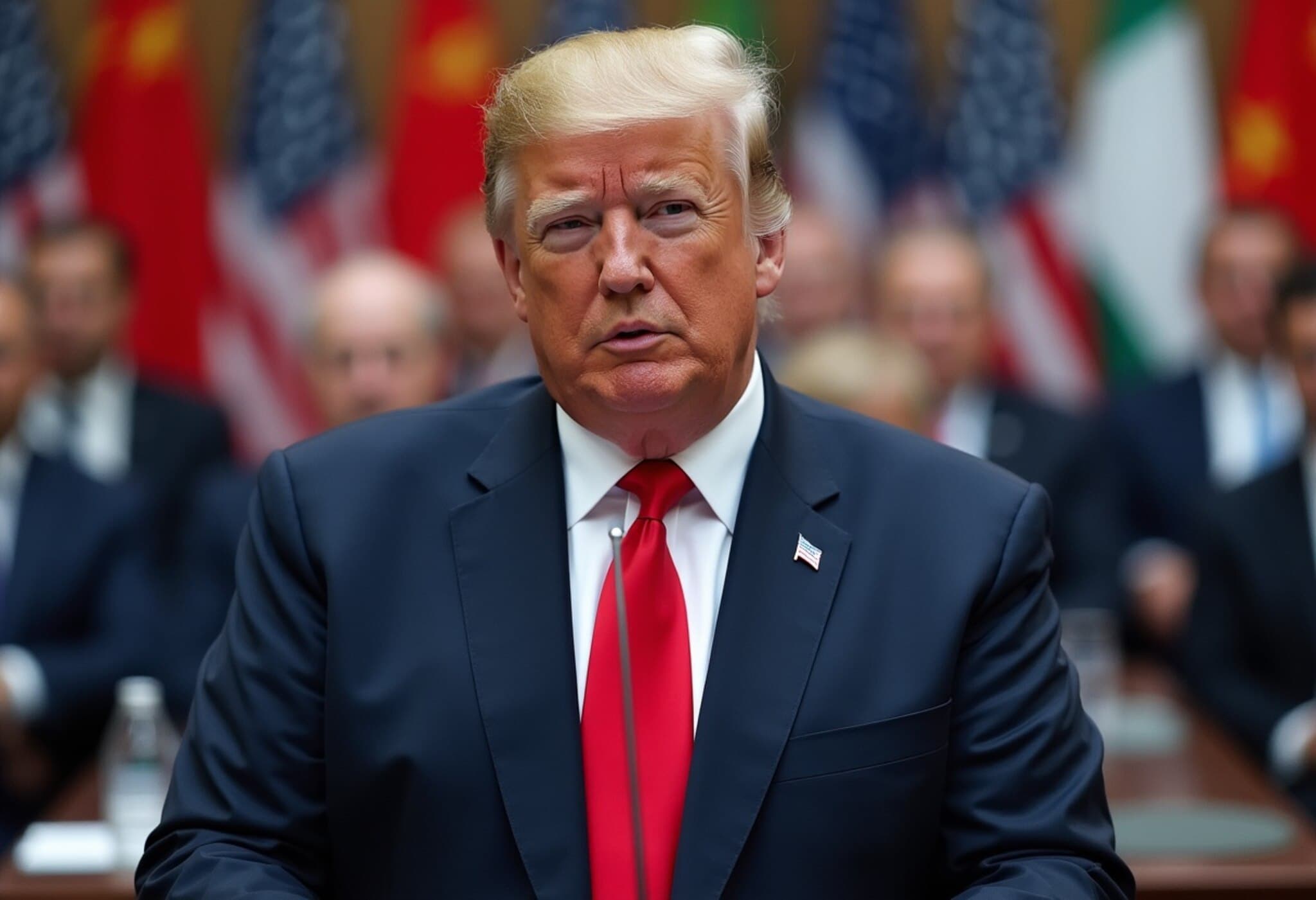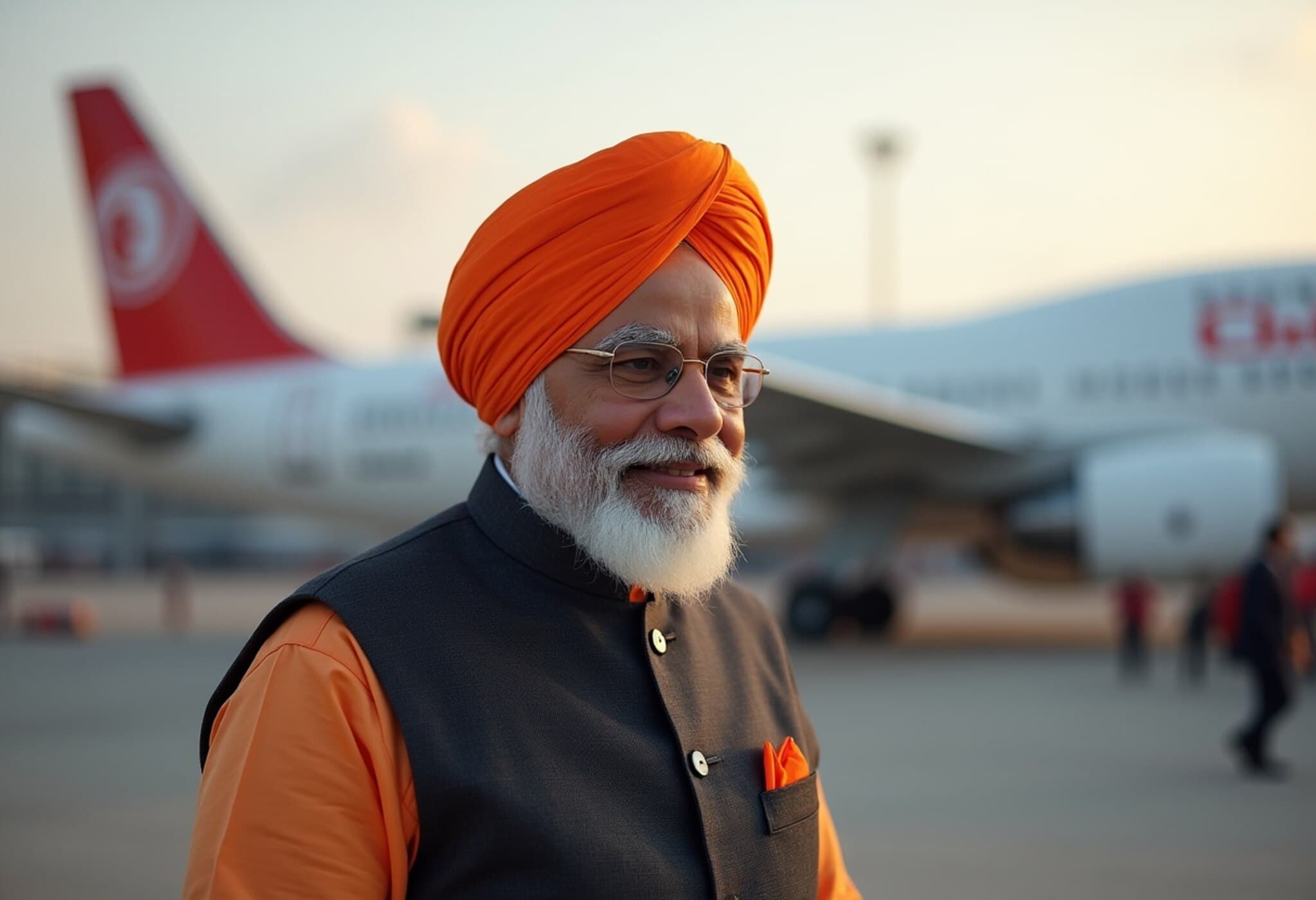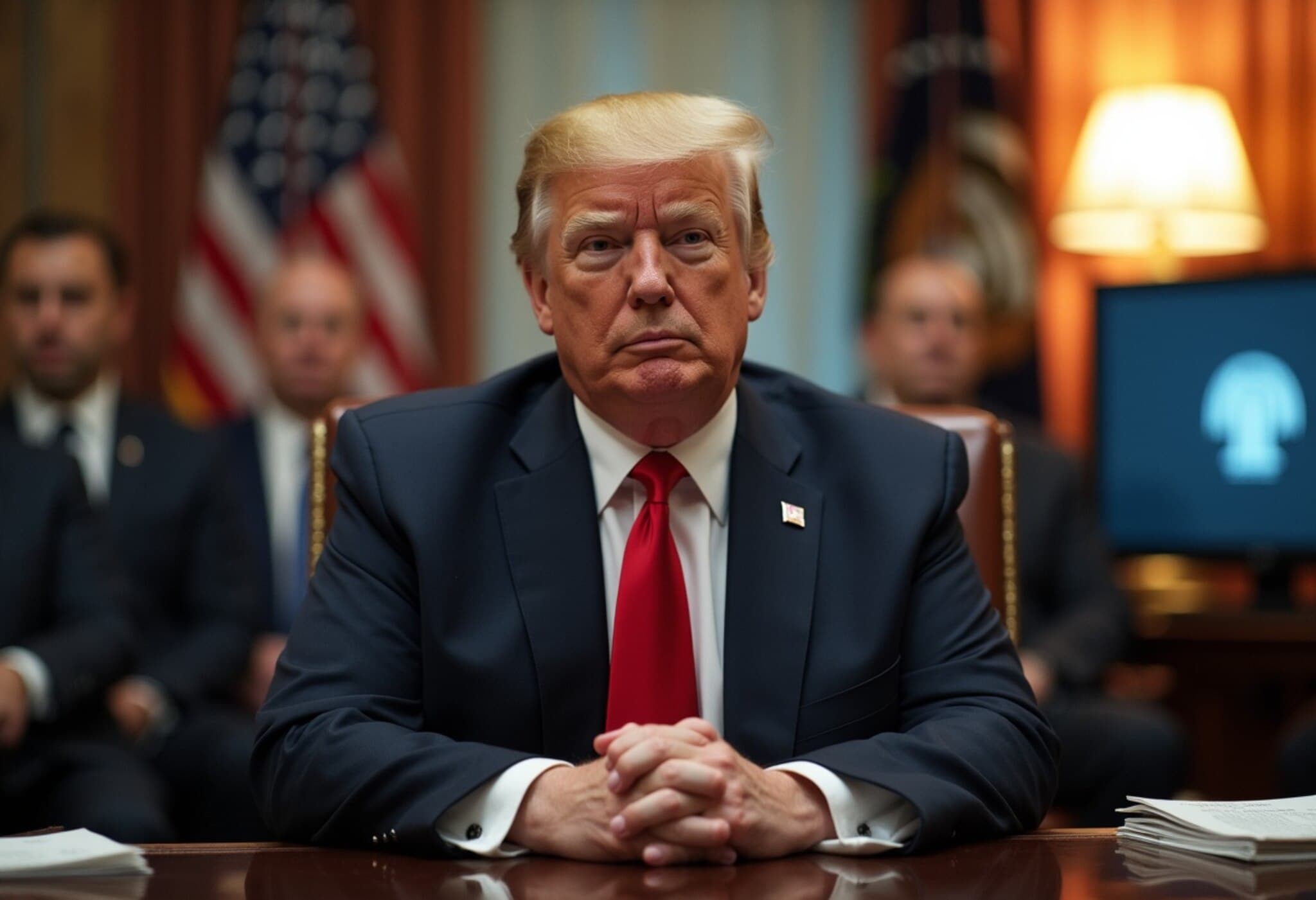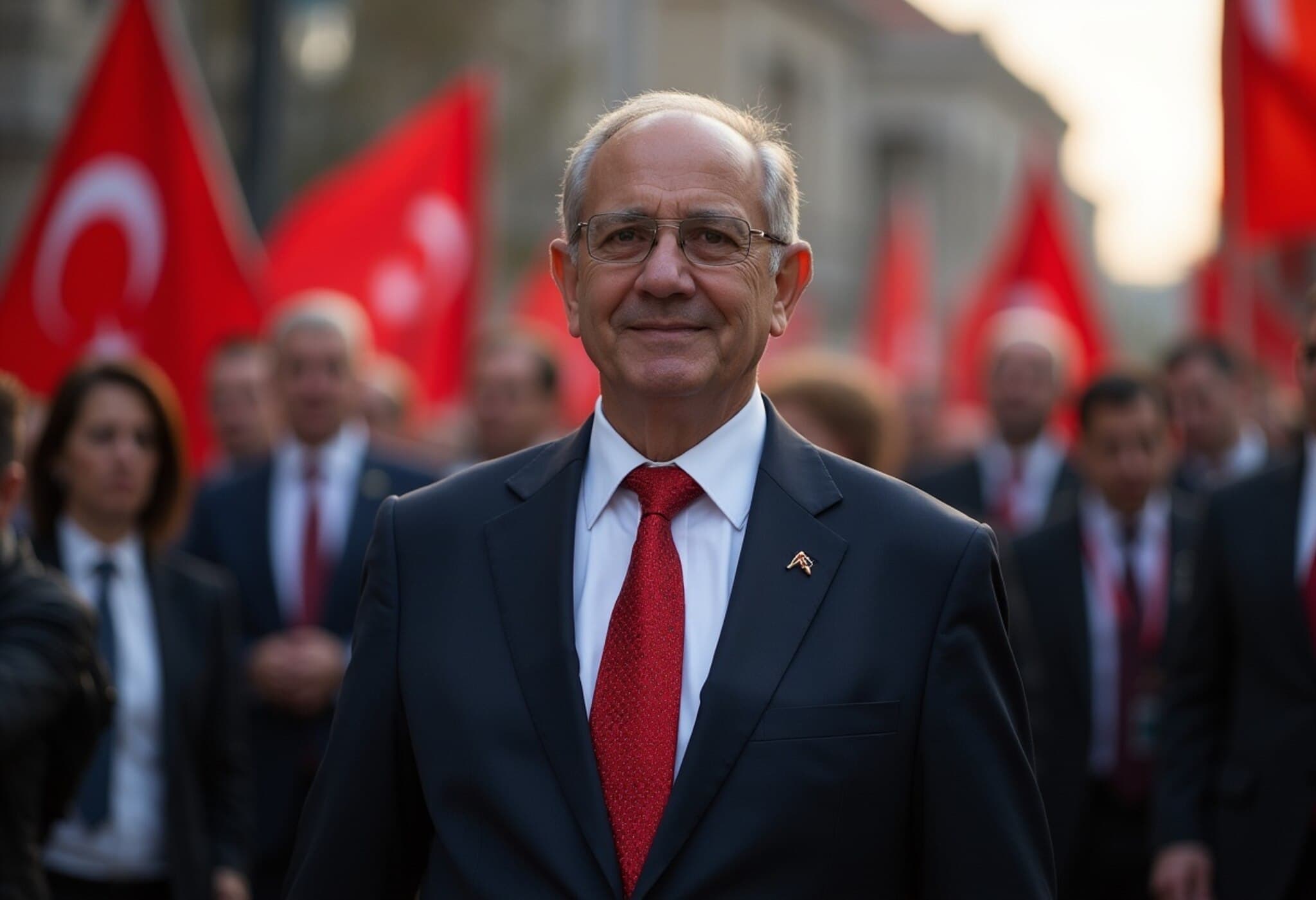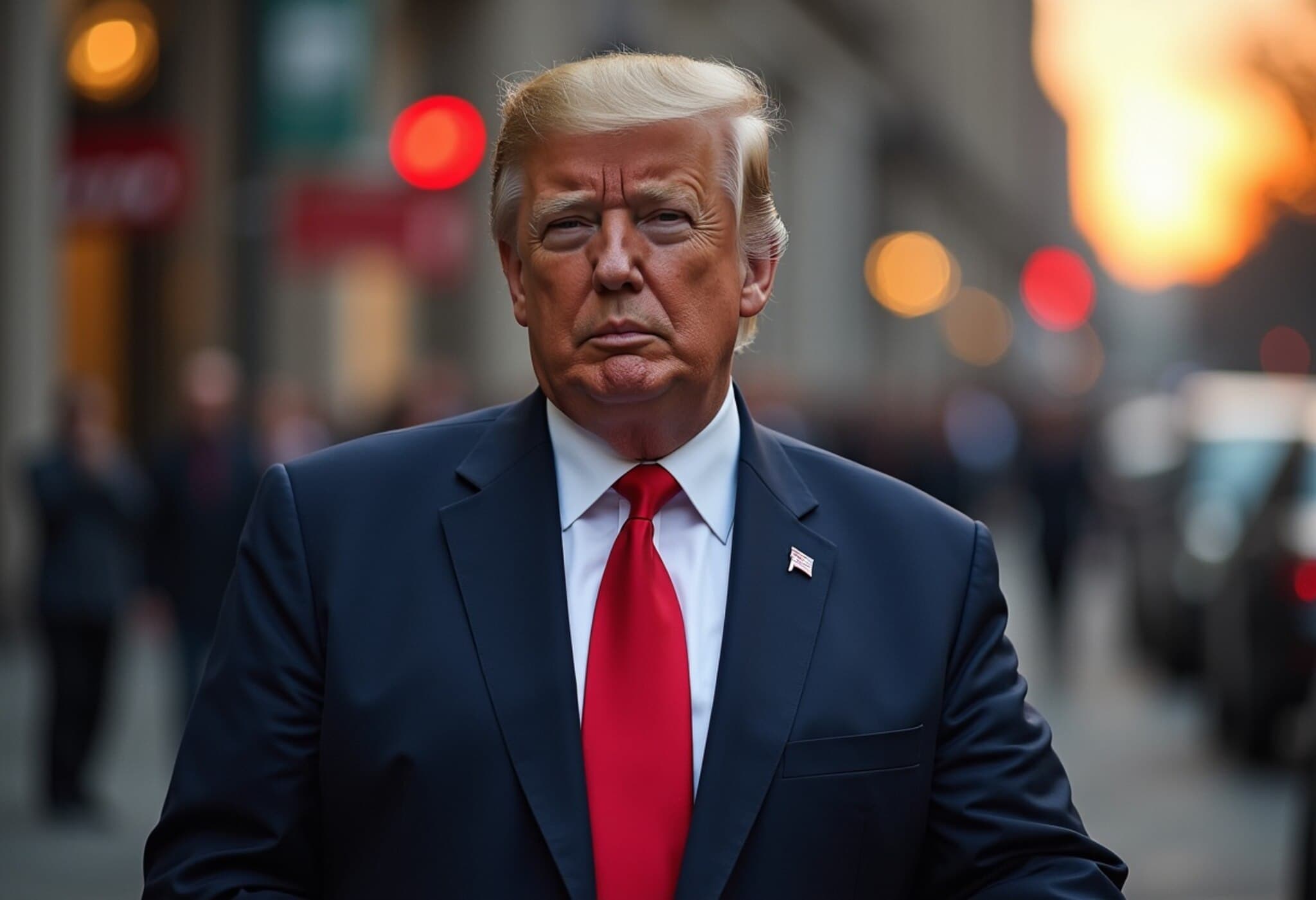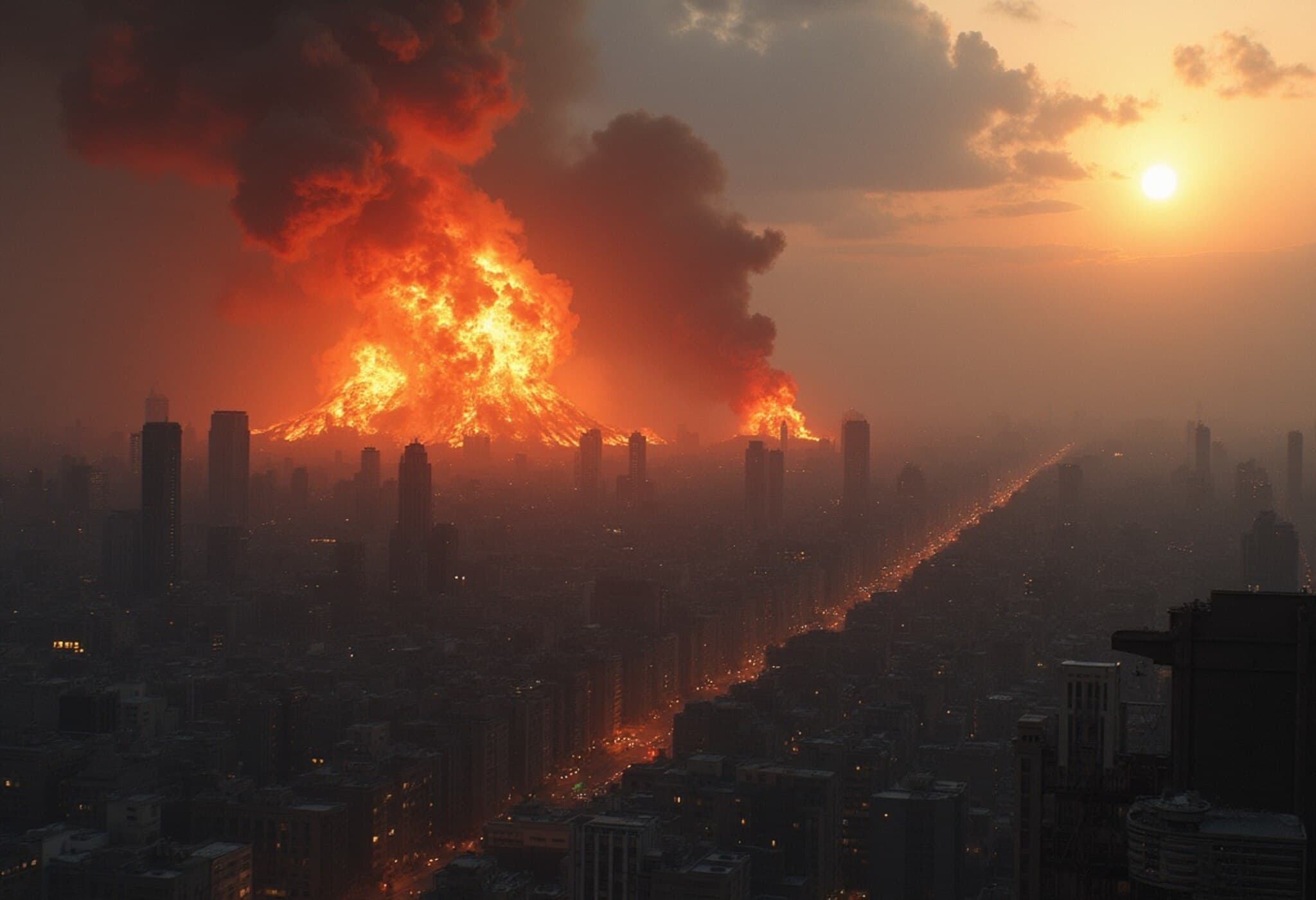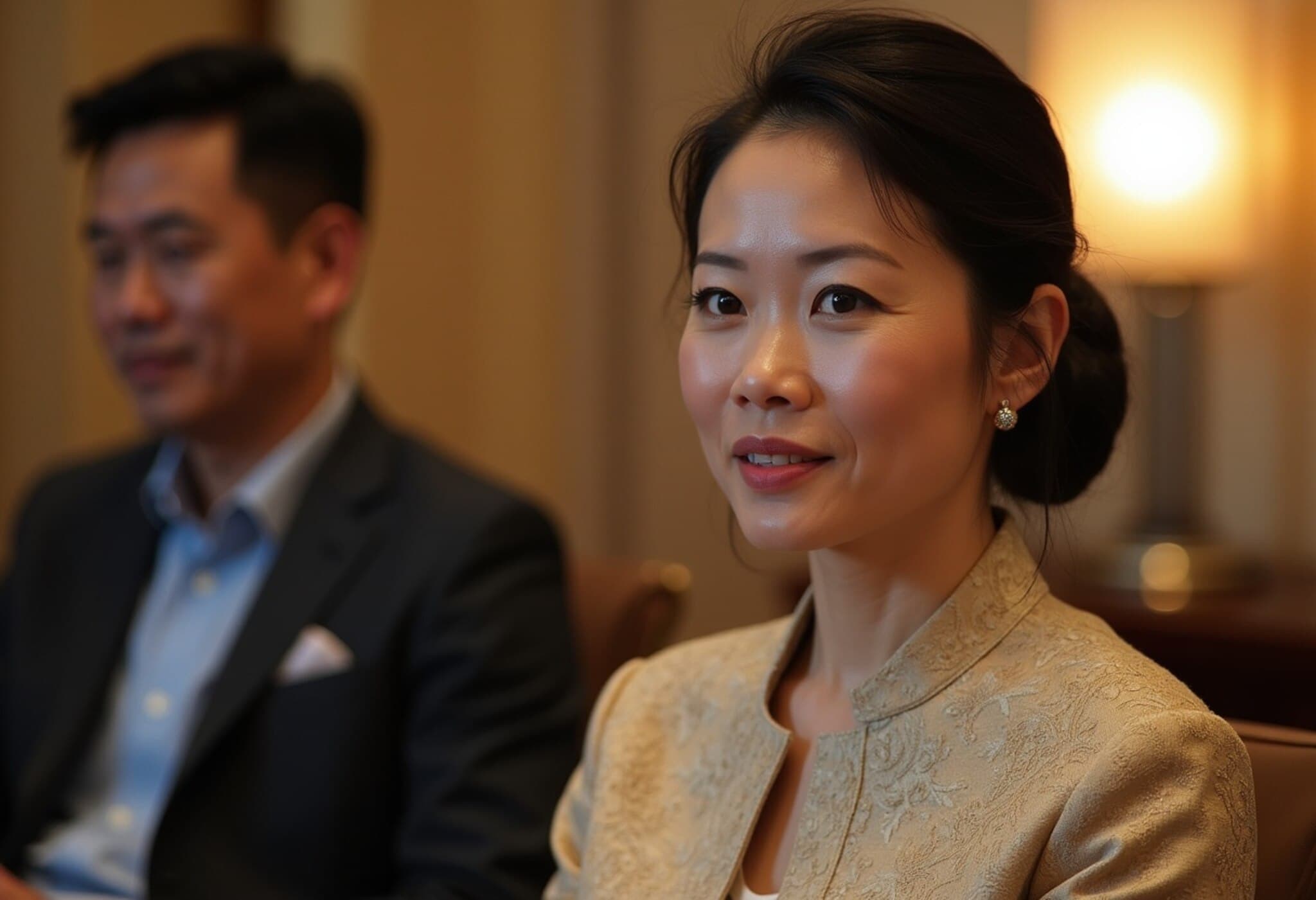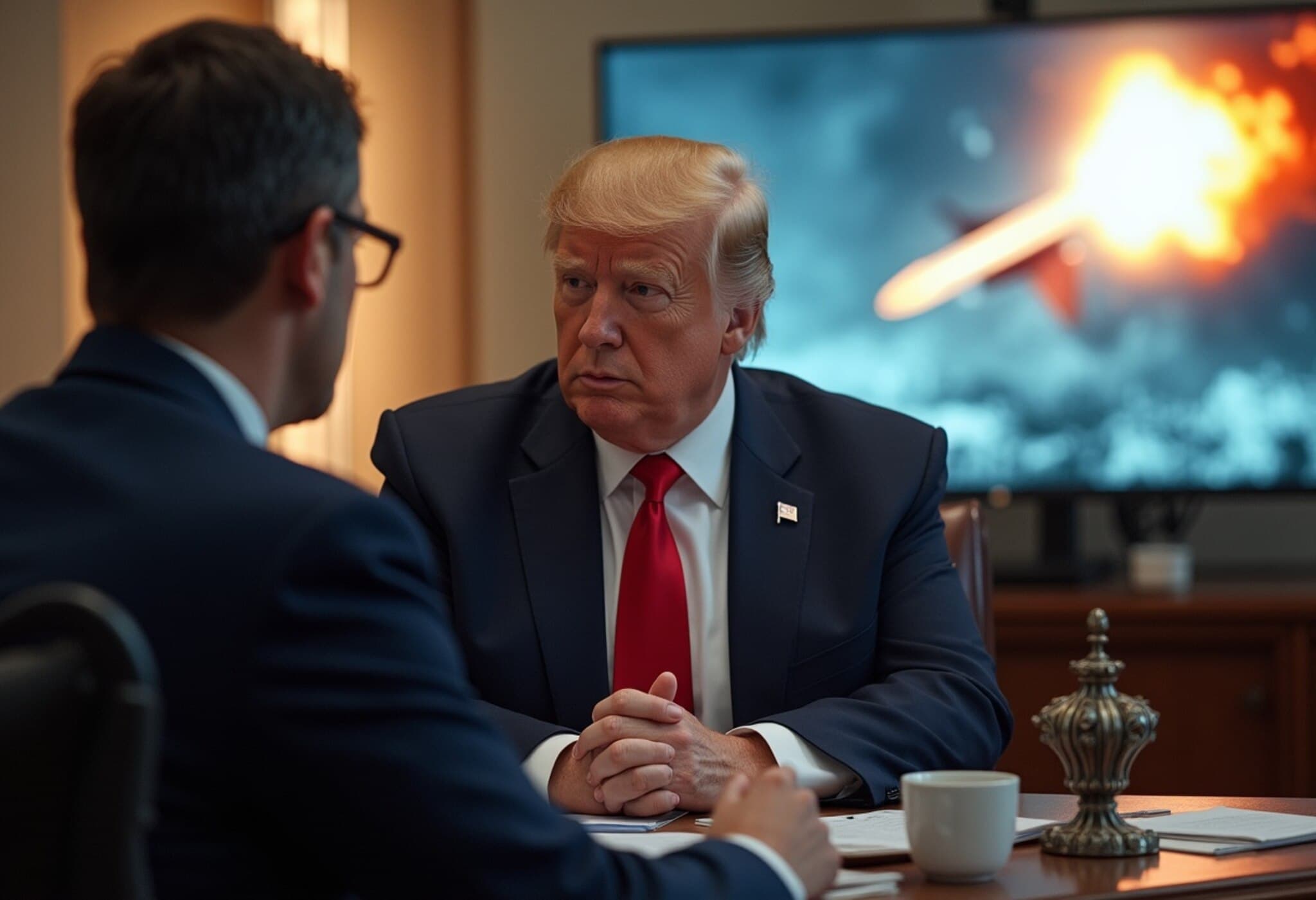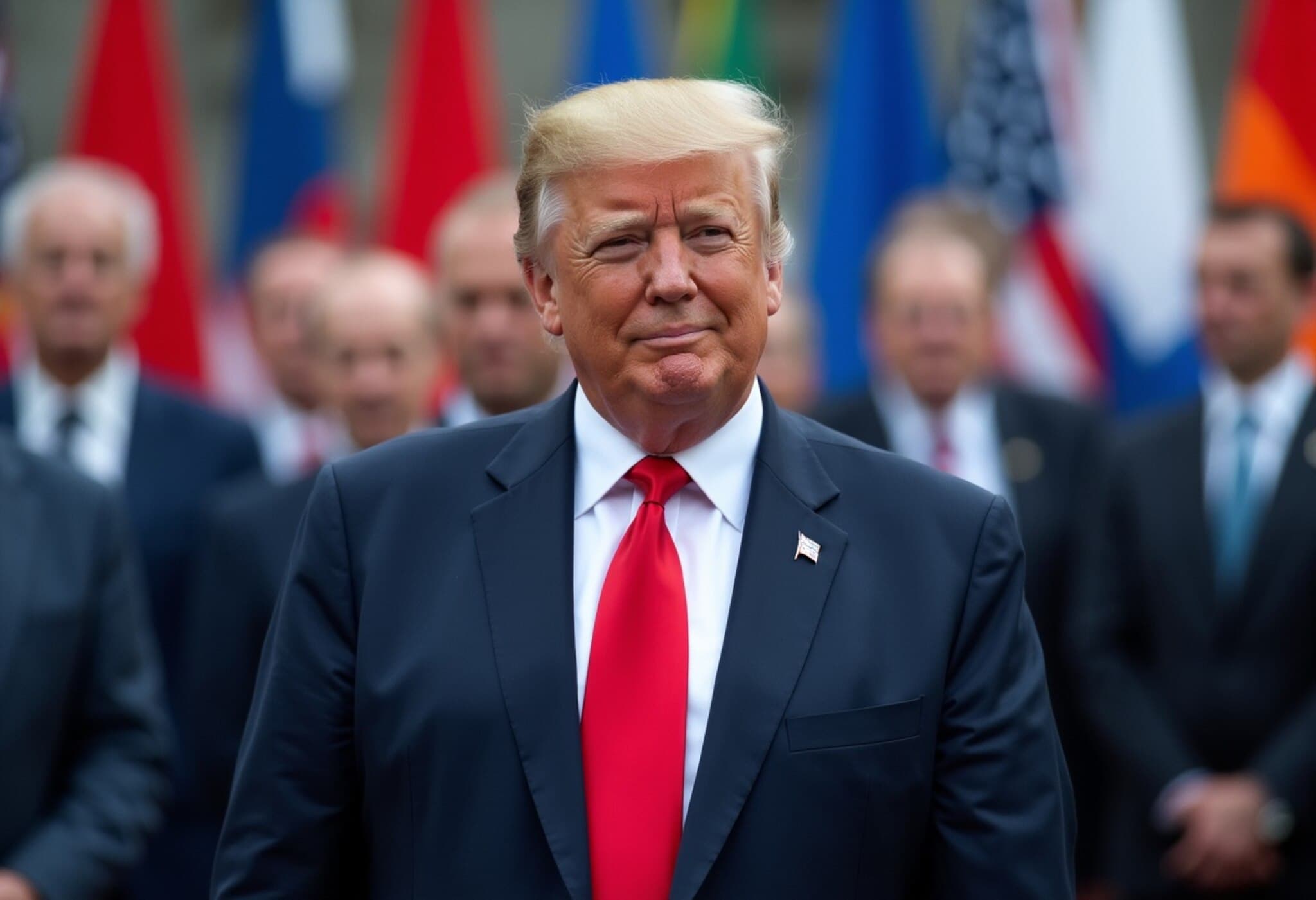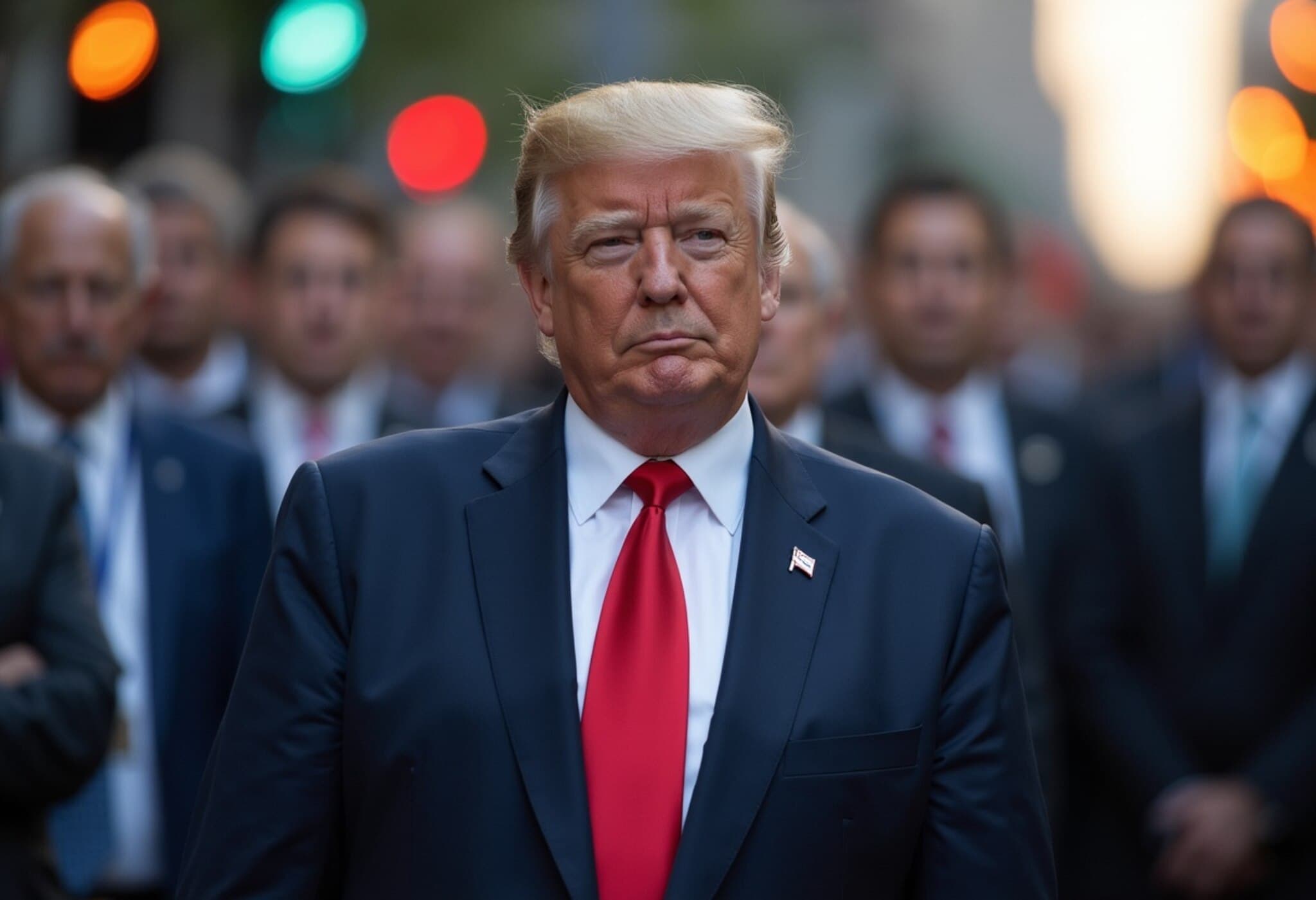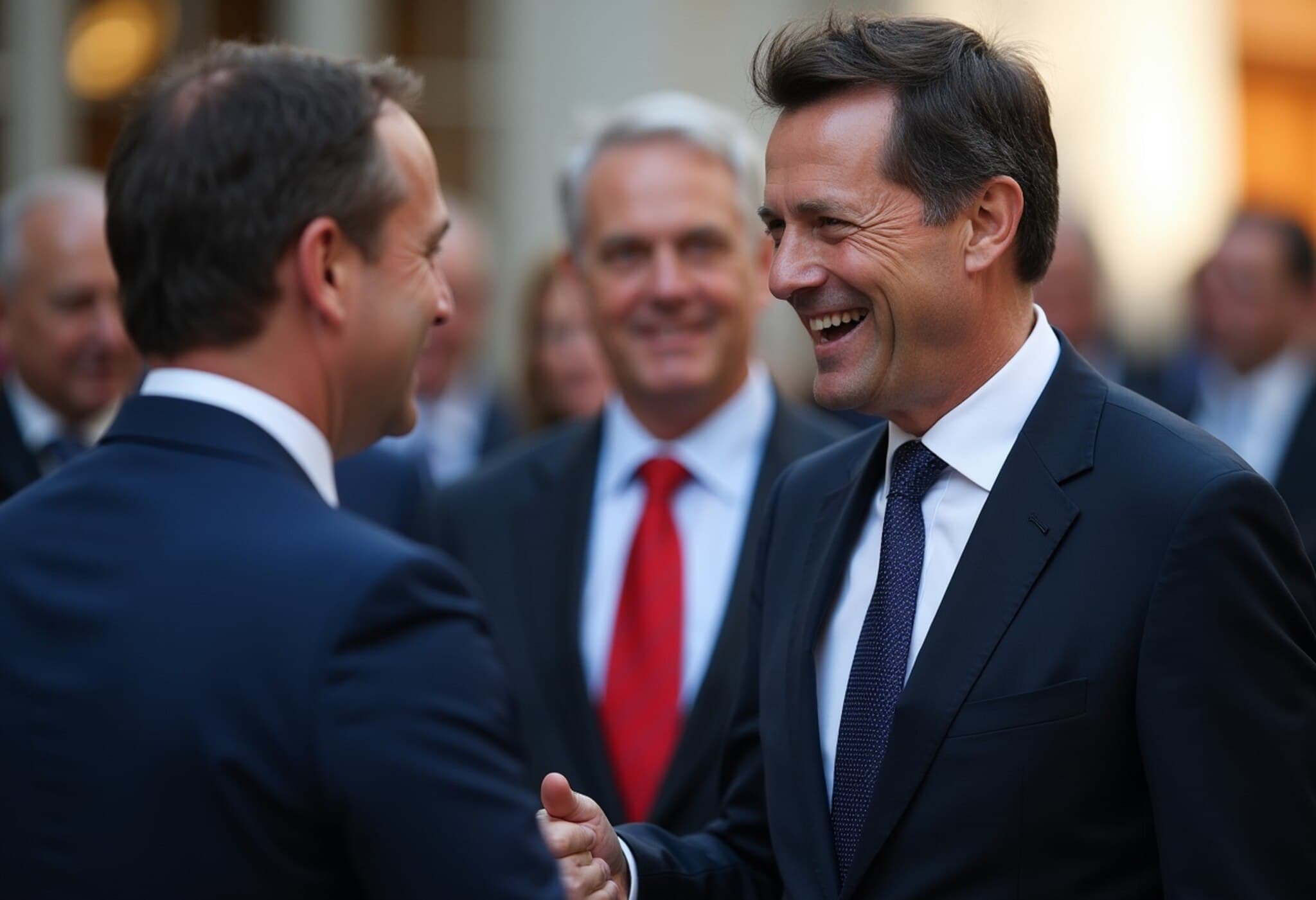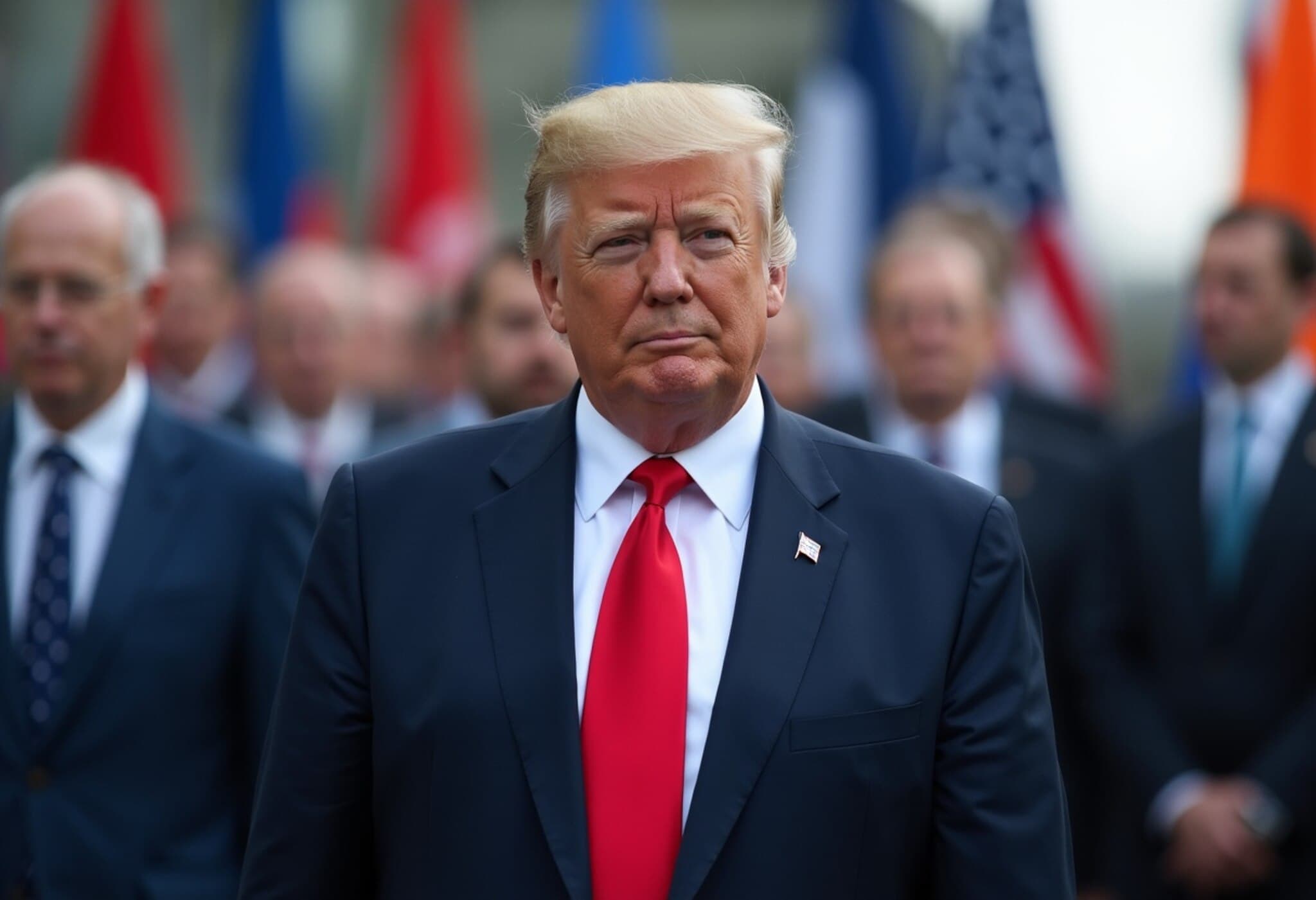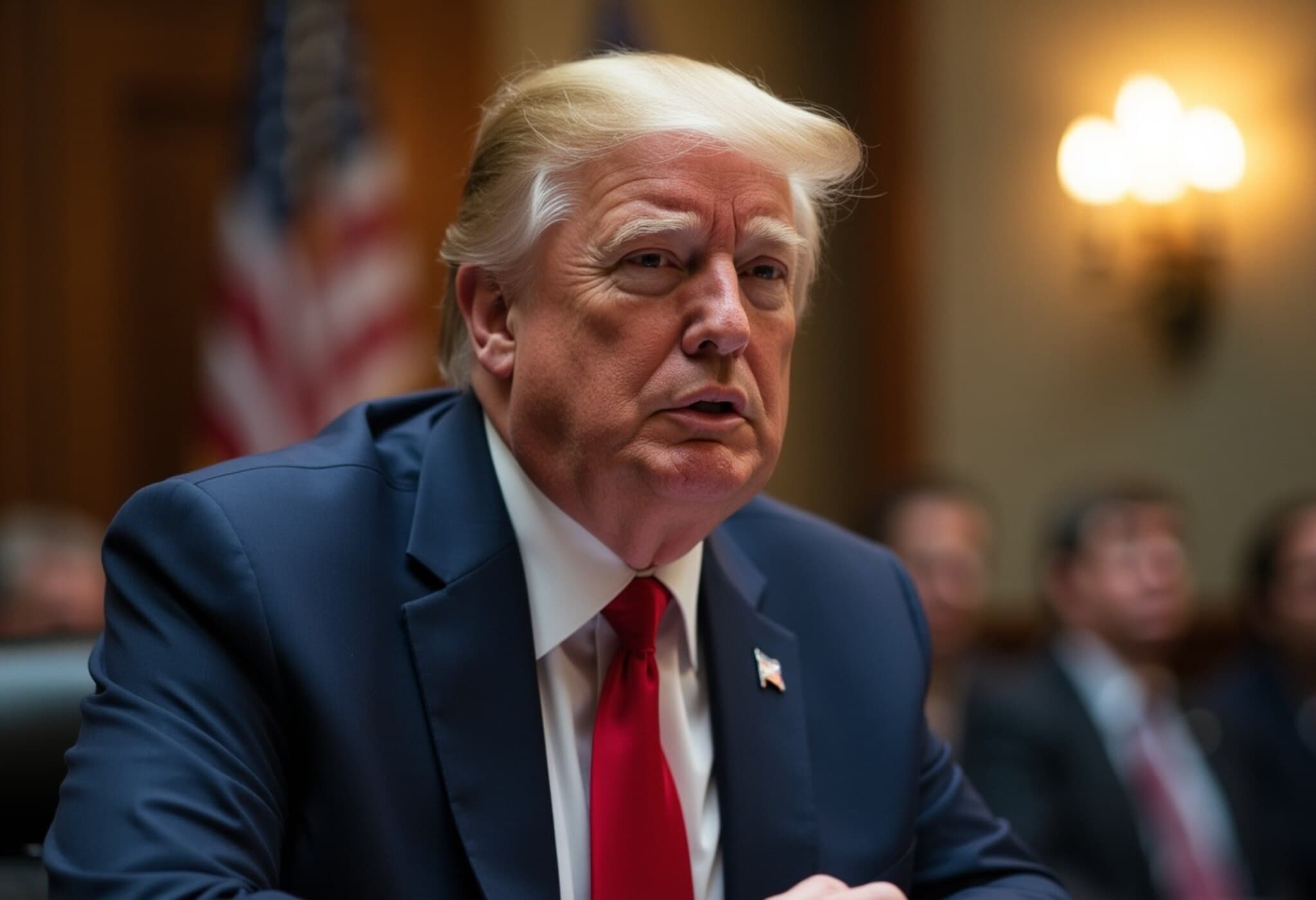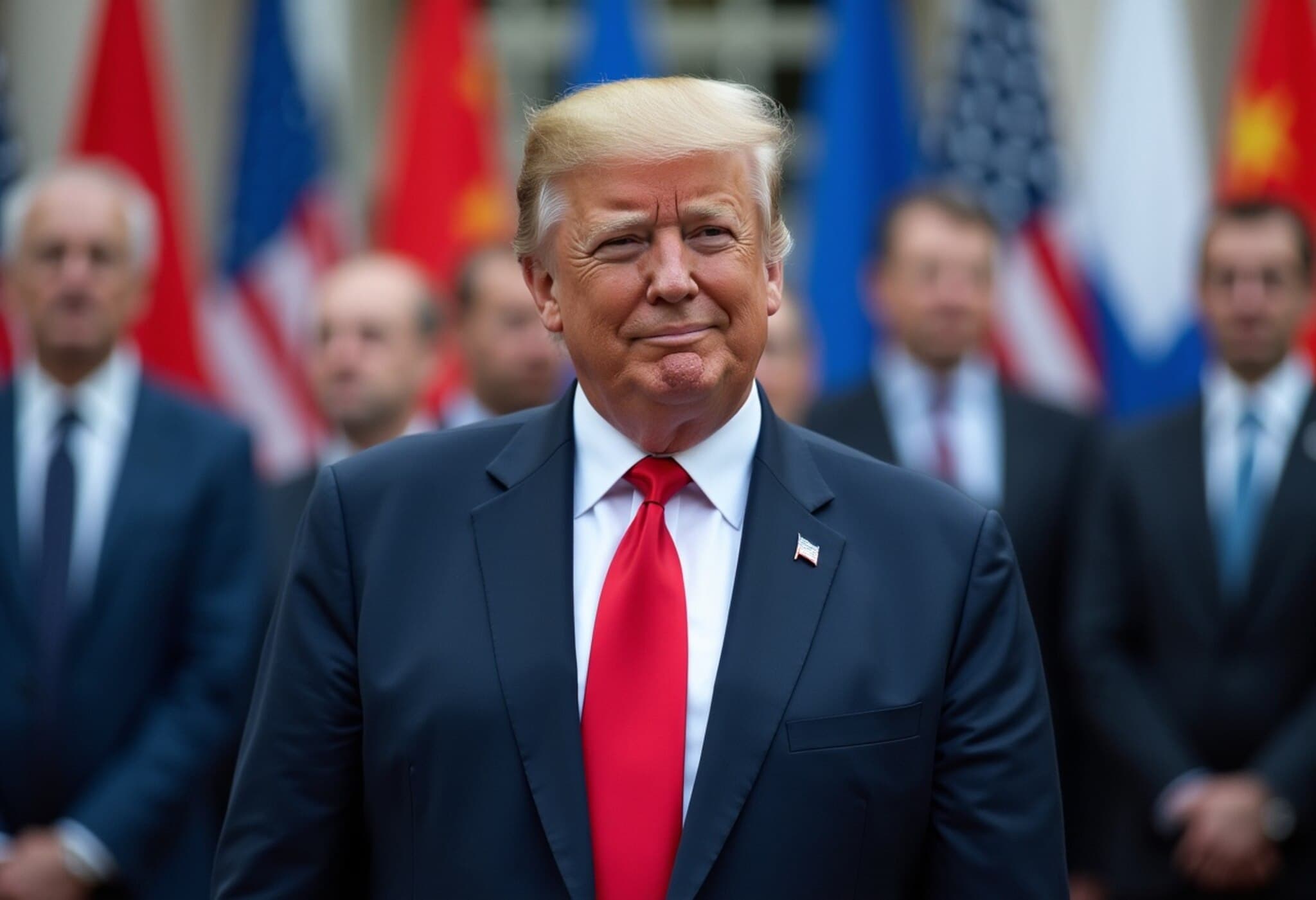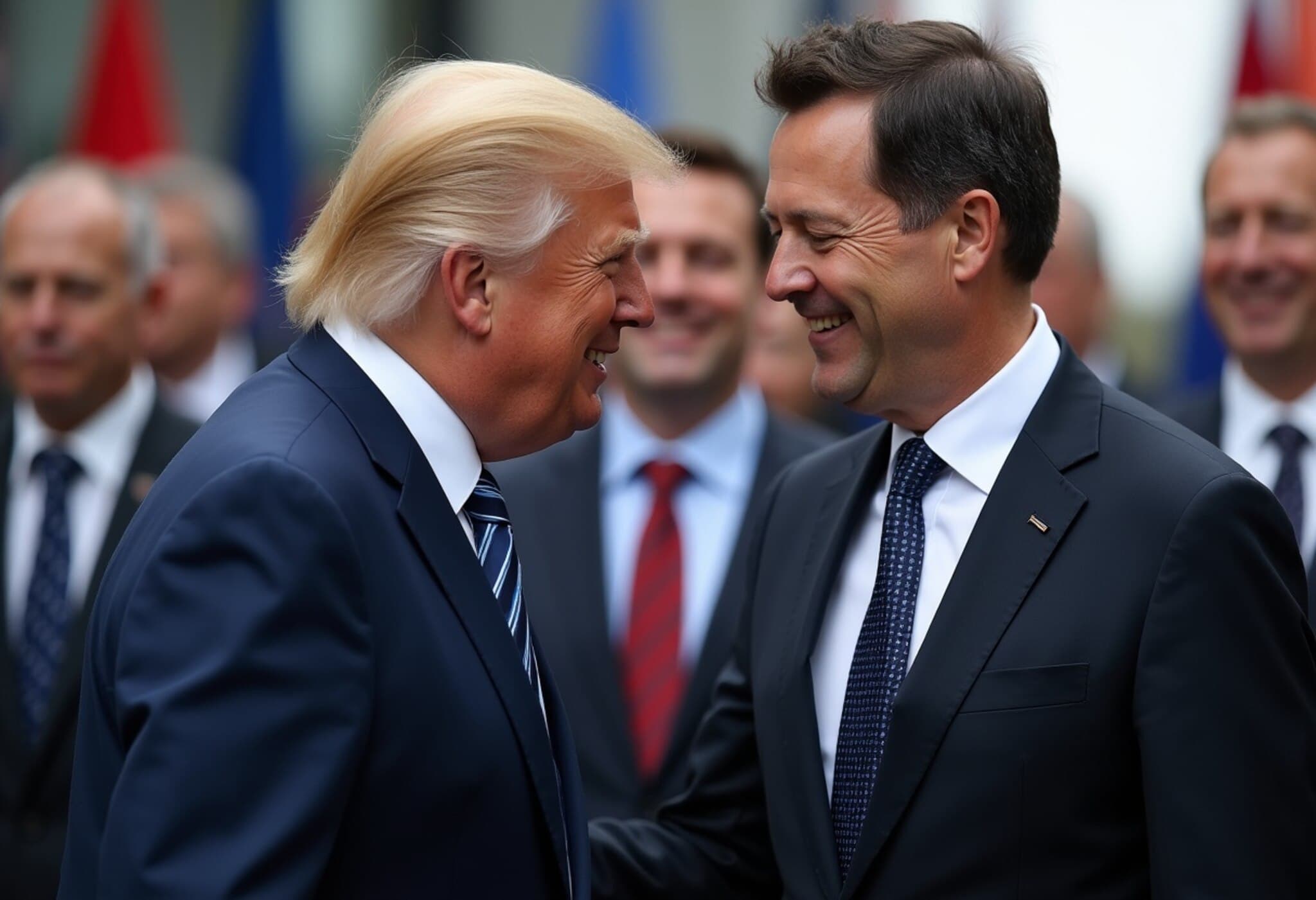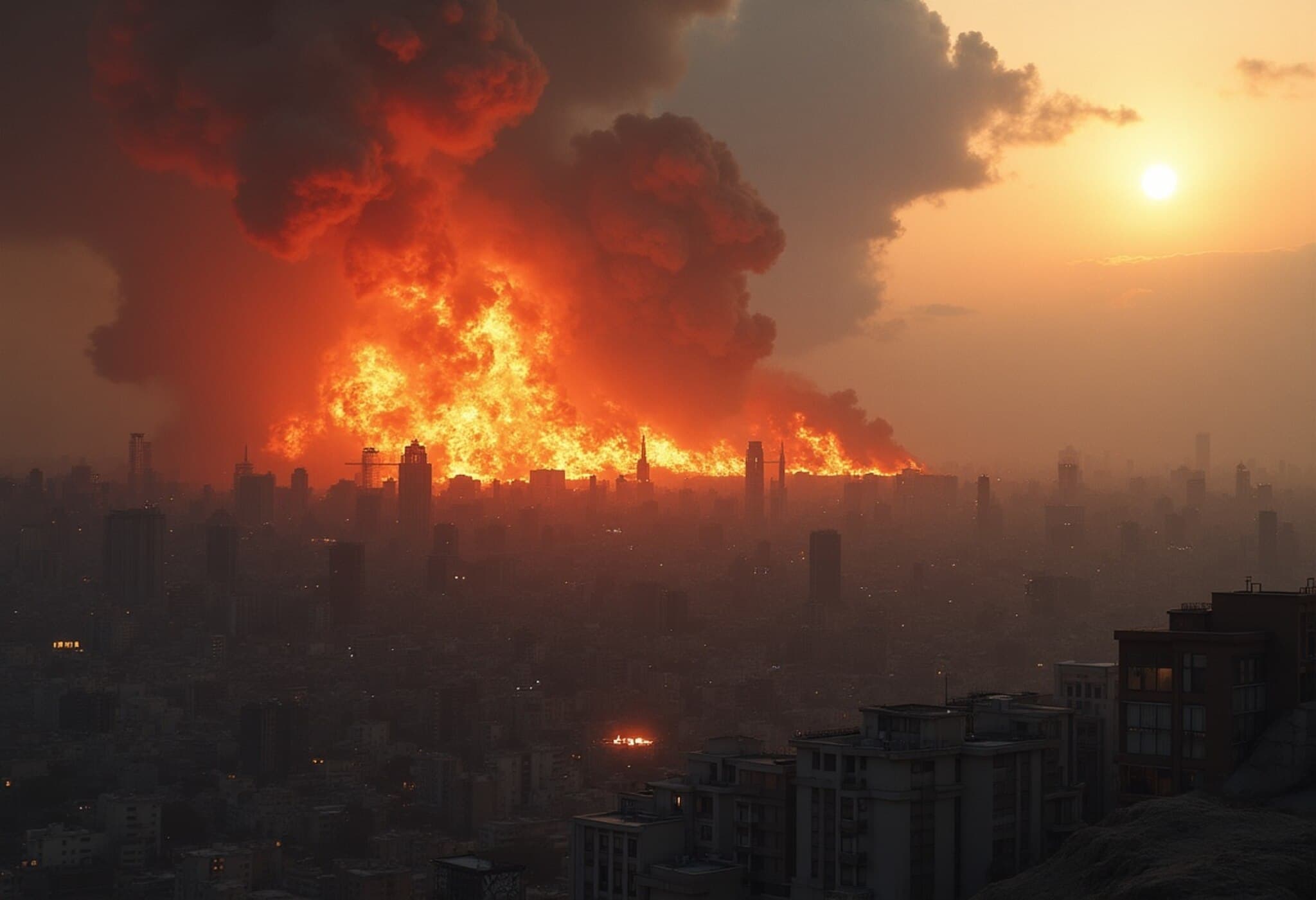Trump Draws Controversial Parallel Between US Strikes on Iran and WWII Atomic Bombings
At the NATO summit held recently in The Hague, President Donald Trump sparked waves of global debate by equating US airstrikes on Iranian nuclear facilities with the atomic bombings of Hiroshima and Nagasaki during World War II.
“That hit ended the war,” Trump remarked about the recent strikes carried out on Saturday. “I don’t want to use the example of Hiroshima or Nagasaki, but that was essentially the same thing that ended that war. Without taking that out, they’d still be fighting today.”
Implications Amid a Fragile Ceasefire
These comments came amidst a cautious ceasefire agreement involving Israel and Iran, which the US president claimed some credit for facilitating. While the ceasefire currently holds, Trump’s comparison to the devastating bombings in Japan has drawn sharp international attention and stirred strong reactions.
Context of the NATO Summit: Defense Commitments in Focus
Trump’s remarks arose during a summit marked by tensions over America’s commitment to NATO’s mutual defense pact, Article 5. When questioned en route to the event, Trump sparked further uncertainty by suggesting that whether the US would uphold Article 5 “depends on your definition.”
Defense Spending Push: A Call for Increased Contributions
Alongside NATO Secretary-General Mark Rutte, President Trump also pressed alliance members to significantly boost their defense spending. “I’ve been asking them to go up to 5 percent for a number of years,” Trump asserted, signaling a steep climb from NATO’s existing target of 2 percent of GDP. This demand is expected to spark debate among member nations reluctant to raise military budgets that substantially.
Key Takeaways:
- US strikes on Iranian nuclear sites compared to WWII atomic bombings.
- Trump claims these military actions prevented ongoing conflict.
- Comments raise questions about US commitment to NATO defense obligations.
- Trump renews calls for NATO countries to boost defense spending to 5% of GDP.
- The wider geopolitical landscape remains fragile amid ceasefire agreements.
As global leaders continue to navigate these complex challenges, Trump’s statements highlight the ongoing debates surrounding military engagement, alliance commitments, and geopolitical strategy.

